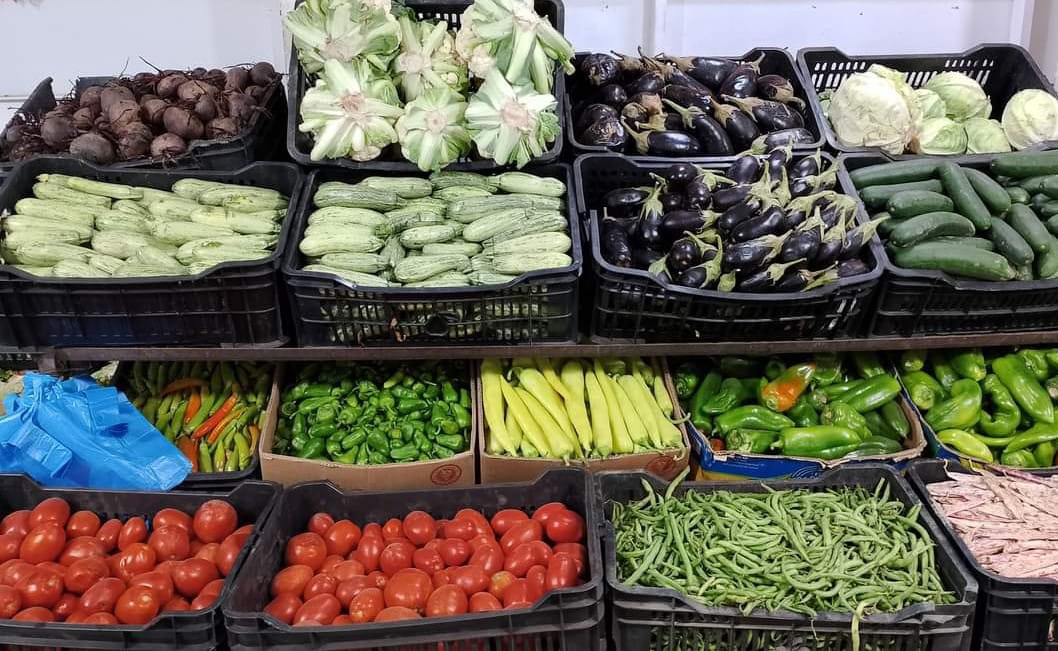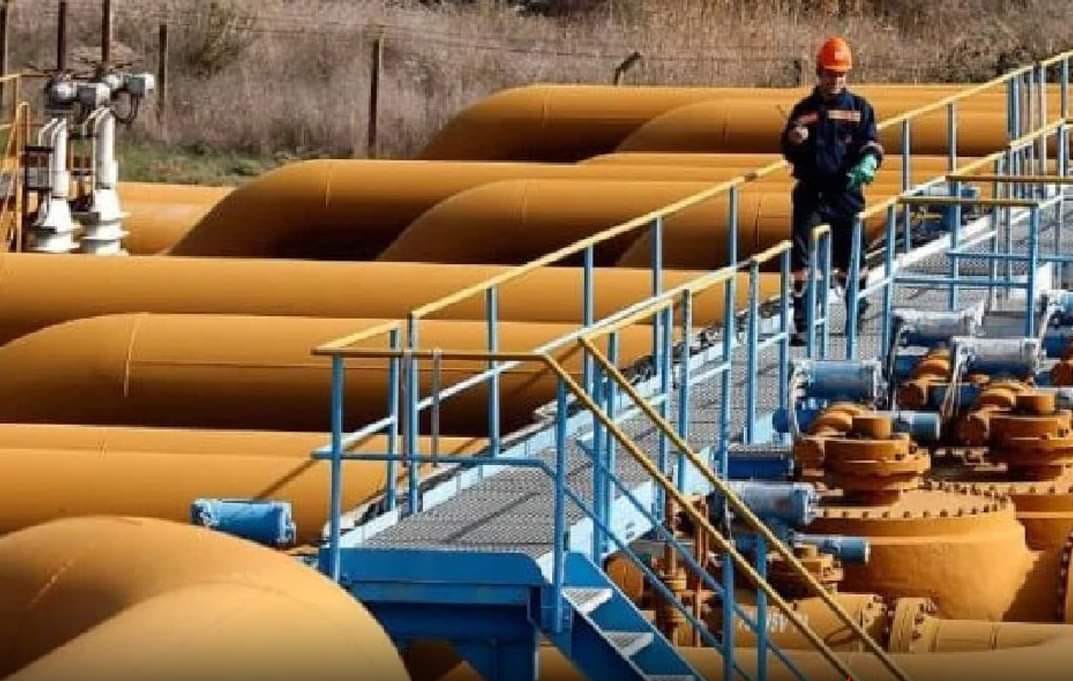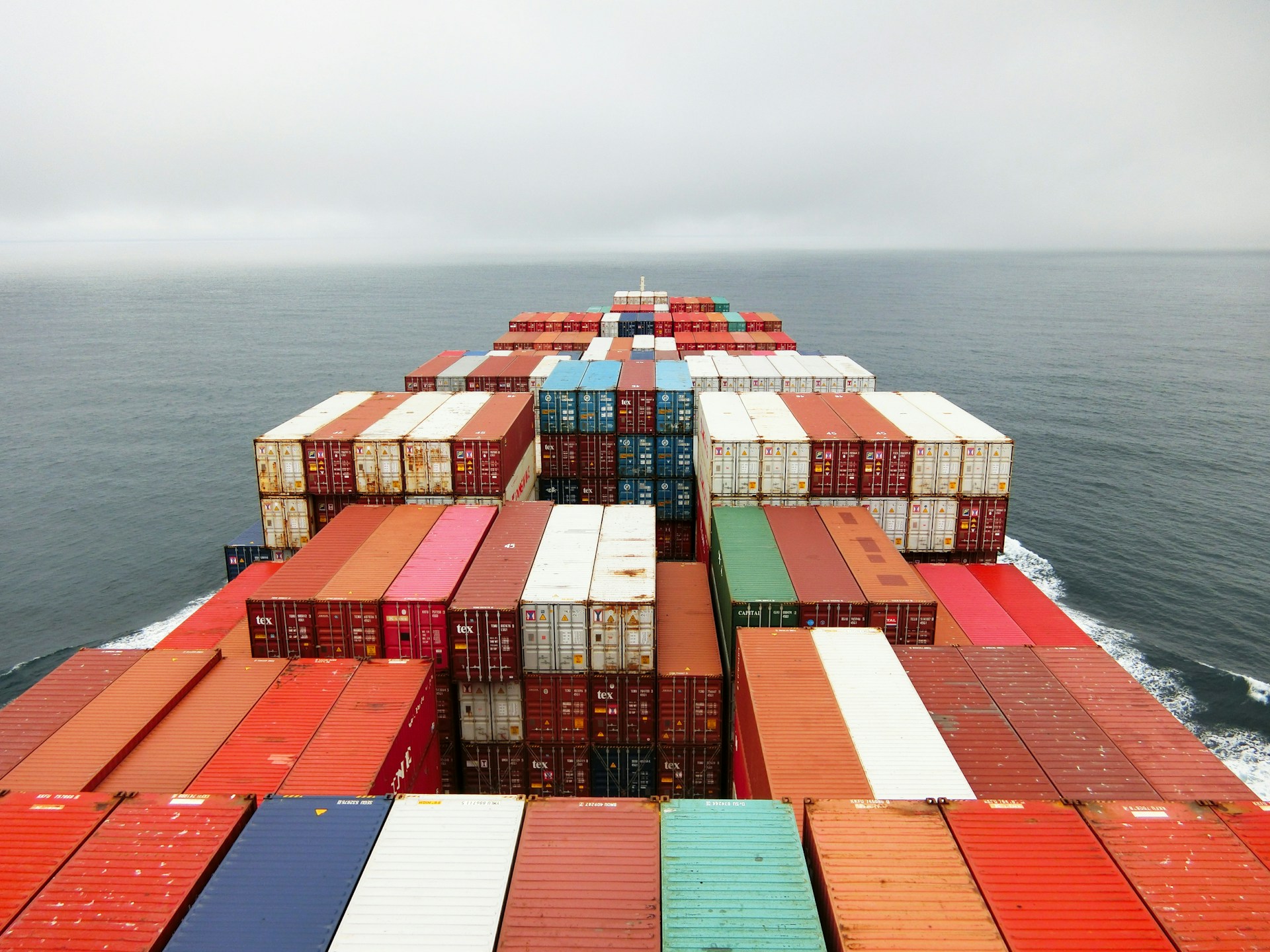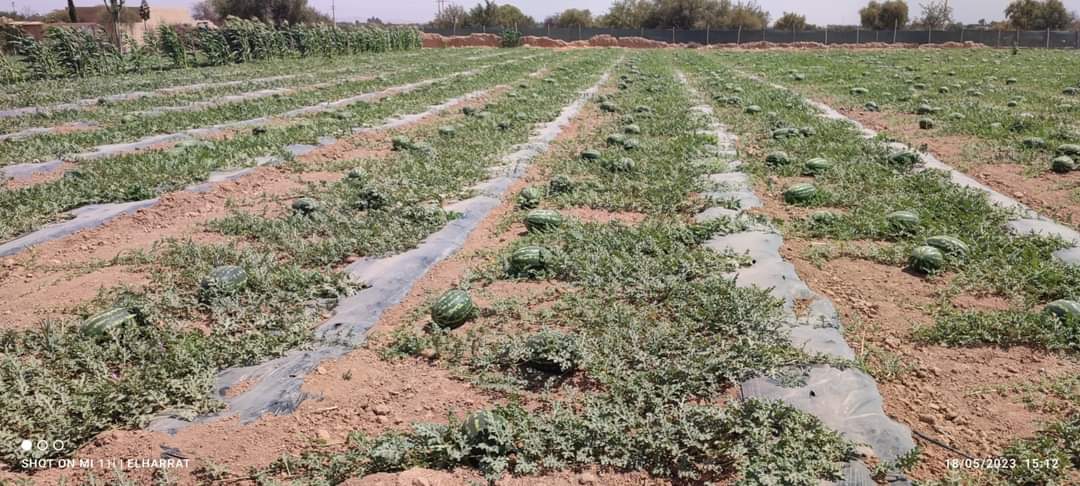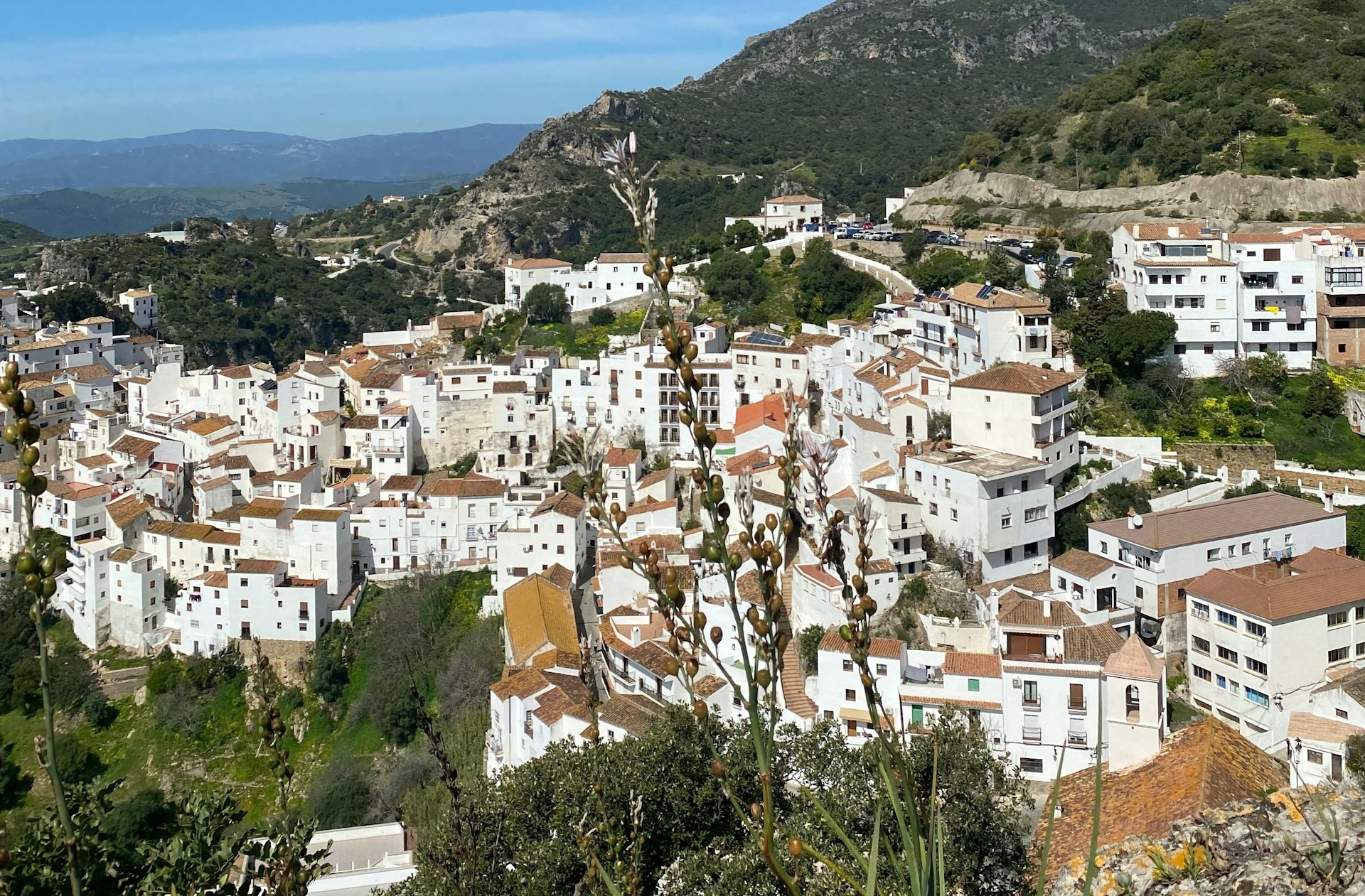Casablanca – Morocco and Japan have taken a significant new step in their long-standing cooperation on water management and agricultural development with the signing of a major financing agreement dedicated to modernizing irrigation systems in the southeastern part of the Gharb plain. The agreement, concluded in Rabat through an official exchange of notes, will provide Morocco with $402 million in Japanese financing to support a hydro-agricultural development project covering 30,000 hectares.
The financing package is valued at $402 million, based on the required conversion rate. The agreement forms part of Japan’s long-term support for Morocco’s water-related infrastructure, particularly in regions facing increasing pressure from drought and irregular rainfall.
A strategic project anchored in national water and agriculture plans
The new irrigation initiative aligns with two of Morocco’s central policy frameworks: the Génération Green 2020-2030 strategy and the National Program for Drinking Water Supply and Irrigation 2020-2027. Both plans aim to expand the use of efficient irrigation technologies, curb water losses, and strengthen the long-term resilience of the agricultural sector.
The newly financed project focuses on improving water management in one of the country’s most productive agricultural zones. The Gharb plain, known for its cultivation of sugar crops, cereals, vegetables, and citrus, has been increasingly vulnerable to water shortages over the past decade. The project is therefore expected to play a role in stabilizing future yields and supporting rural livelihoods.
According to information provided during the signing ceremony, the program will include the construction of new main hydro-agricultural canals, complementary hydraulic structures, and reinforced infrastructure to secure existing irrigation networks. Out of the 30,000 hectares targeted, 20,000 hectares will benefit from expanded irrigated areas, while 10,000 hectares will be devoted to upgrading systems already in use.
A key element of the project is the generalization of water-saving irrigation methods, especially drip irrigation — a technology that significantly reduces evaporation and runoff, helping farmers optimize limited water resources. The introduction of modernized systems is expected to reduce consumption while improving overall production efficiency.
Japan Highlights the importance of the partnership
During the announcement, Japanese officials emphasized that this project represents one of the most substantial collaborations between the two countries in the field of agricultural hydraulics. They described it as a continuation of Japan’s commitment to support Morocco’s sustainable development priorities, including water management, agricultural modernization, and food security.
According to the Japanese representatives, Morocco is regarded as a key partner in Africa for development cooperation, and the advancement of this project illustrates the strength of the bilateral relationship. They highlighted that Japan has consistently supported Morocco’s approaches to rational water use and its efforts to combat illegal extraction and wasteful practices.
They also noted Morocco’s long-standing reputation for agricultural irrigation expertise, particularly its application of advanced technologies in large hydro-agricultural perimeters such as the Gharb plain, Souss-Massa, and Haouz regions.
Supporting water security and climate resilience
The signing comes at a time when Morocco is entering its sixth consecutive year of rainfall deficits, with national dam reserves and groundwater levels under severe pressure. The Gharb region is no exception, and the modernization of its irrigation network is seen as essential for ensuring continued agricultural activity under increasingly unpredictable climatic conditions.
The project funded through this agreement aims to strengthen resilience in several ways:
- reducing dependency on traditional high-consumption irrigation methods,
- improving water conveyance efficiency through new infrastructure,
- securing essential installations against future climate impacts, and
- supporting communities that rely heavily on irrigated agriculture.
Approximately 25,000 people — representing about 3,600 agricultural households — are expected to benefit directly from the new systems. The improvements are also projected to support broader food-security goals through stable crop production and more reliable water supply.
Reinforcing a long-term development partnership
Officials insisted that the financing reflects Japan’s long-standing commitment to supporting inclusive and sustainable growth in Morocco. The project will not only address immediate irrigation challenges but also strengthen the long-term foundation for agricultural development in the Gharb region.
Japan’s continued support for hydraulic infrastructure aligns with Morocco’s goals to modernize irrigation networks nationwide, expand the use of advanced technologies, and secure agricultural value chains in the context of climate change.
As pressure on water resources intensifies across North Africa, the Morocco-Japan partnership embodied by this new $402 million loan represents a strategic step toward sustainable water management and reinforced agricultural resilience for one of the Kingdom’s most important farming regions.








